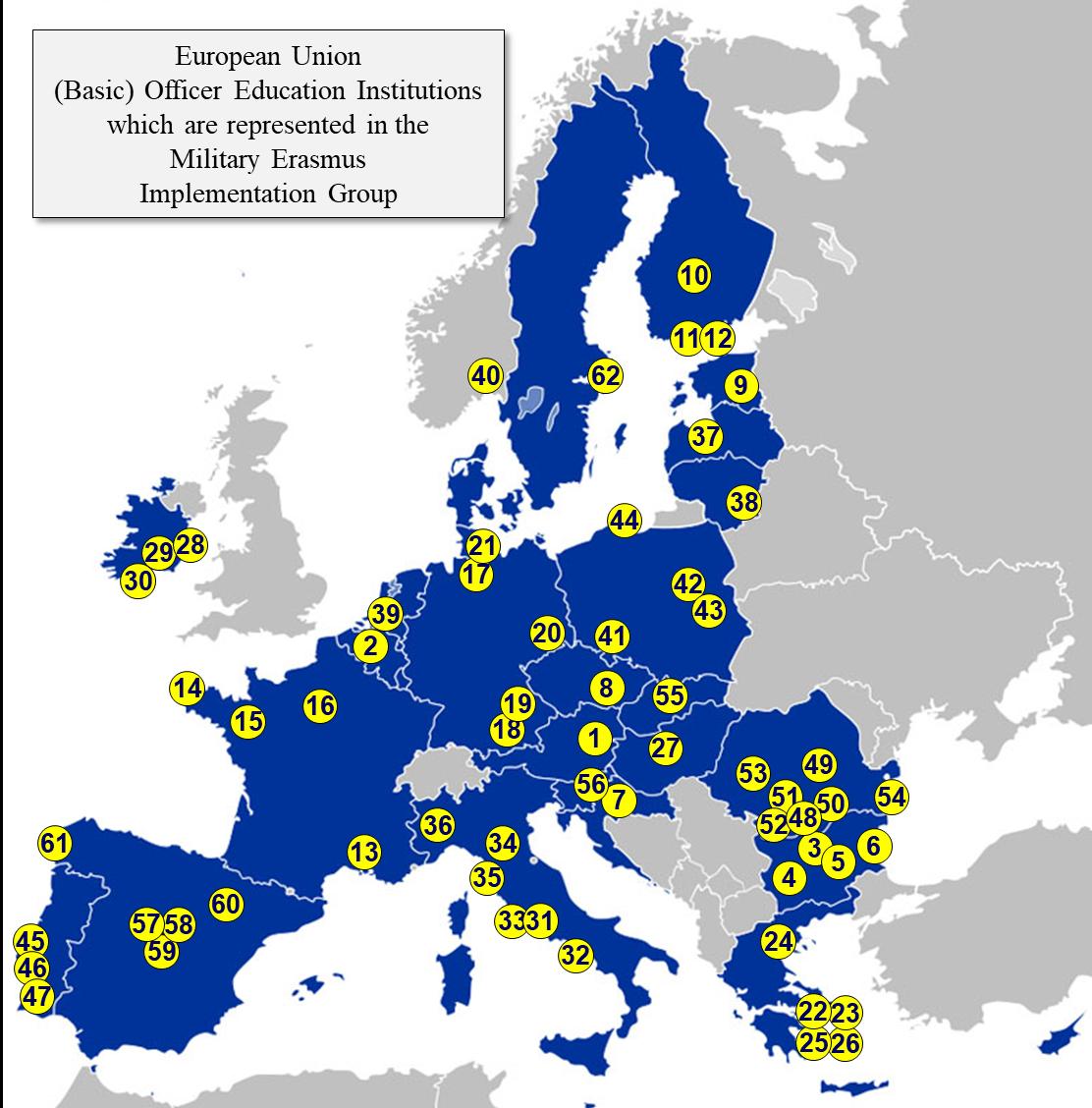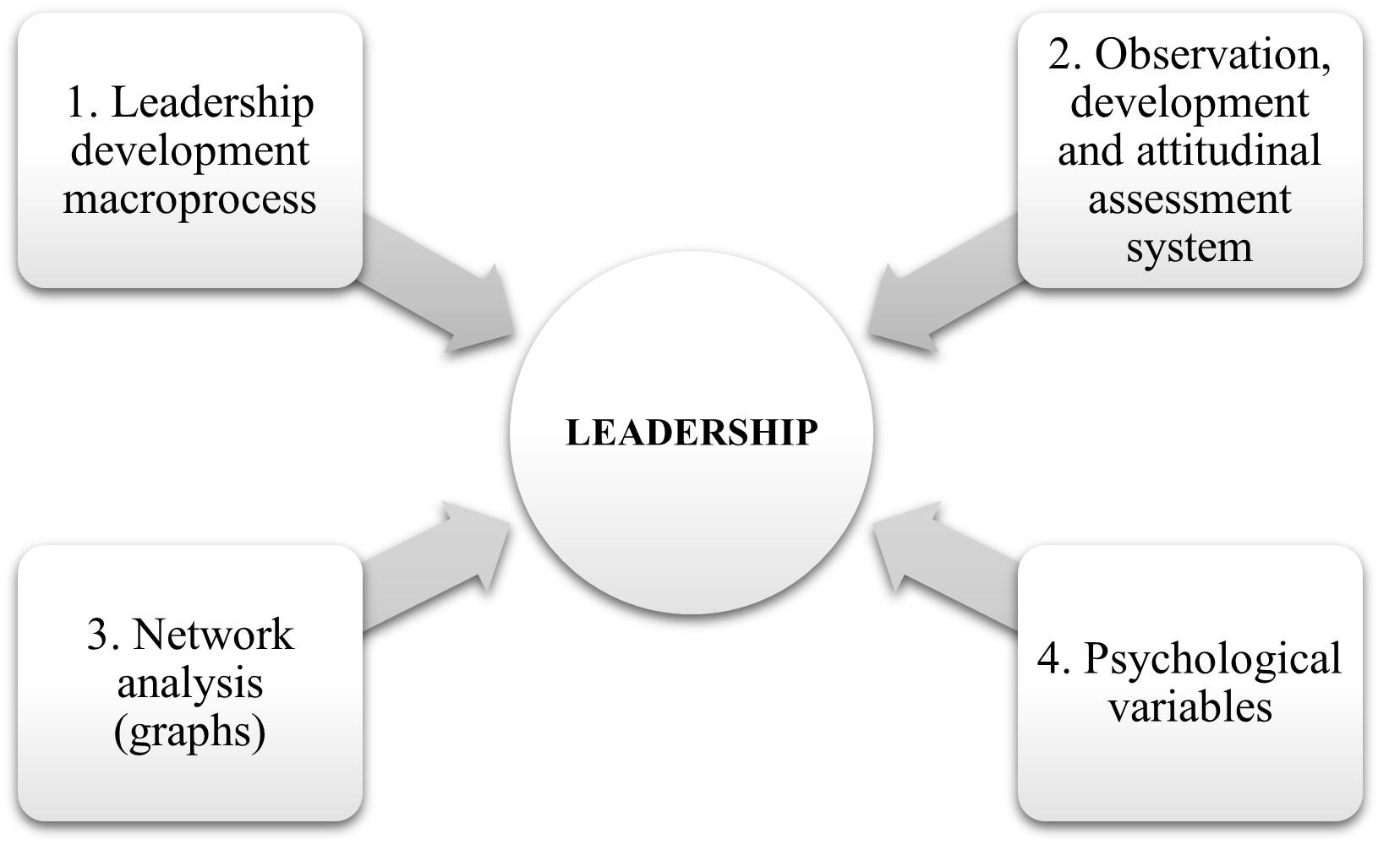Journal of Peace and War Studies, ISOMA Special Edition (October 2021): 118–130
Authority and Military Command: Reflection on the Challenges Military Academies Face in Today’s Profound Social and Cultural Changes Danic Parenteau Abstract: This paper aims to reflect on the training and education of officer-cadets in military academies, taking note of a societal trend observed by the vast longitudinal statistical study World Value Survey, conducted by the American political scientist Ronald Inglehart and his research team.1 Throughout the west, we have observed a shift away from deference to all forms of external authority. Younger generations are increasingly critical of any form of relationship or organizational structure in which unequal relationships dominate and are more reluctant to join organizations in which they do not retain full control over all decisions affecting them and their immediate environment. How will military academies in the future adapt to this new social reality? How to bring young men and women to acquire and develop certain values that are central to the officer profession or to the armed forces in general, but that are on a sharp decline in civil society in which they have yet been socialized before their enrollment? This paper offers some reflections on this topic by focusing on three specific challenges. First, it attempts to show how learning to obey, as a necessary step in the learning of command, may represent a particular challenge for future officer cadets. Second, it will discuss the negative impact that this social trend will have on the necessary bond of trust with the military leadership. Third, it aims to demonstrate that this social trend risks affecting the sense of service, an essential element of military commitment for all officers. Finally, it outlines a solution to address these three challenges in the form of preparatory training dedicated to the military command system. Keywords: Officer Training; Officer Profession, Command; Authority; Obedience; Officer Education; Civil-military Relations, Military Academy.
Introduction Military academies train young men and women in the art of command and military sciences so that they can fulfill their duties and responsibilities as officers in the armed forces after graduation. These institutions offer comprehensive programs that include post-secondary education (most often leading to a university degree), leadership training, physical education, and character education. The leadership training inevitably includes a period of initial training, of varying length, during which officer-cadets are subjected to a strict disciplinary program, following a pedagogical approach widely accepted in military institutions around the world: before learning to command, one must learn to obey. Learning to obey is an essential element in the familiarization of cadets with the unique nature of the military’s system of authority, which differs in many respects from those governing civilian institutions in which they have evolved before donning the uniform. This learning process is generally a difficult one for cadets. Major societal trends in western liberal societies suggest that this learning of authority
© 2021 John and Mary Frances Patton Peace and War Center, Norwich University ISSN 2641-841X (print), ISSN 2641-8428 (online)











